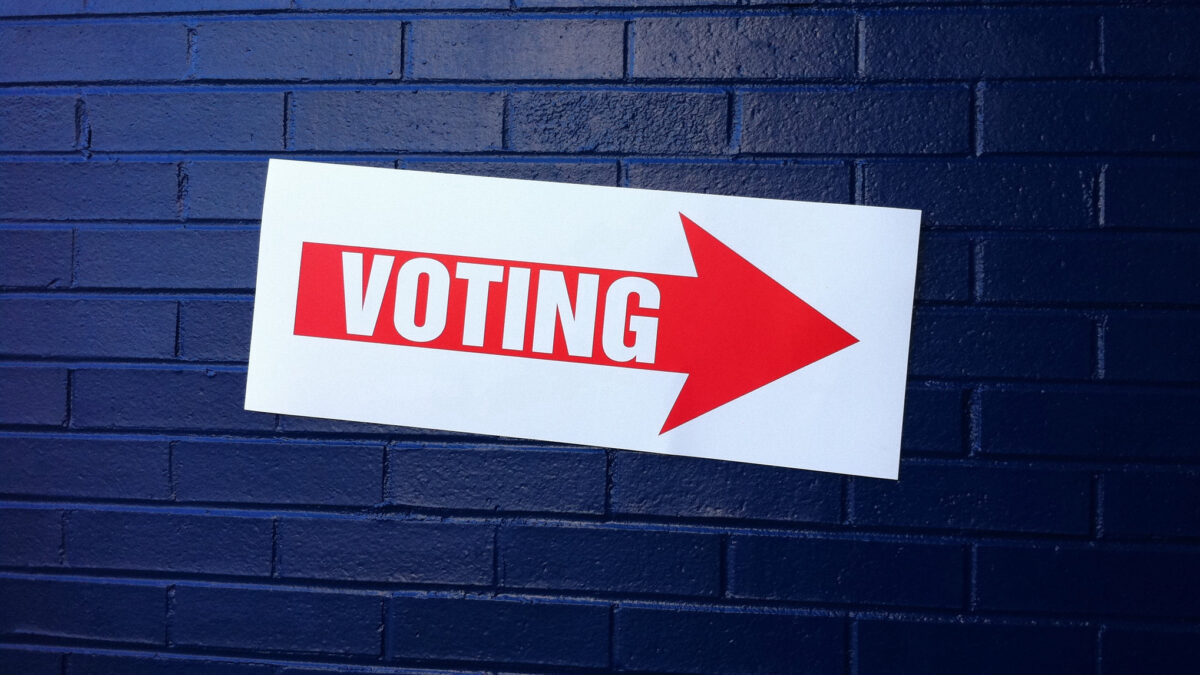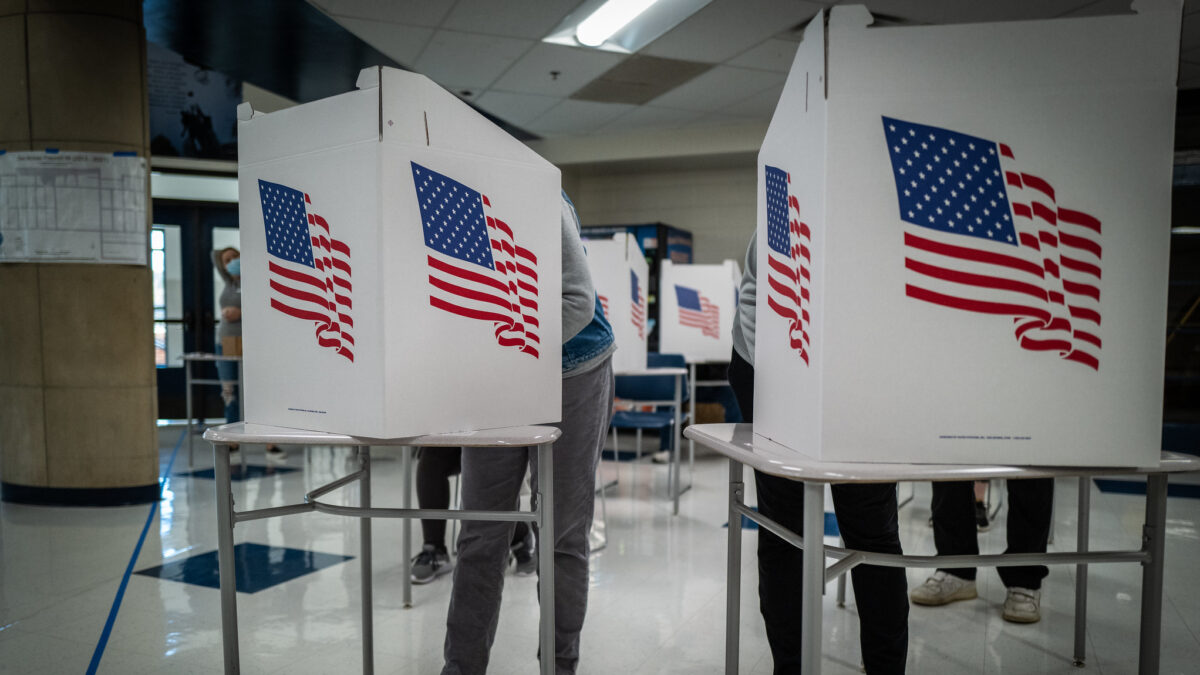A legal group’s lawsuit to obtain Alaska’s ERIC data reports about “potentially deceased registrants on the state’s voter rolls” may proceed, a district court ruled last week.
As The Federalist previously reported, the Electronic Registration Information Center, or ERIC, is a widely used voter-roll management organization founded by Democrat activist David Becker that was “sold to states as a quick and easy way to update their voter rolls.” In actuality, ERIC inflates voter rolls by requiring member states to contact eligible but unregistered residents to register to vote.
In their lawsuit against Alaska Lt. Gov. Nancy Dahlstrom, the Public Interest Legal Foundation (PILF) is alleging that “ERIC reports are ‘records’ subject to the disclosure provision of the National Voter Registration Act (NVRA).” Under the NVRA, states are required to make “available for public inspection, for a period of at least two years, all records concerning the implementation of programs and activities conducted for the purpose of ensuring the accuracy and currency of official lists of eligible voters.” The two exceptions to this provision are documents revealing the identity of the government agency through which any particular registrant was registered and those showing an individual declined to register to vote.
In August 2021, PILF submitted a request to the Alaska Division of Elections for ERIC data from 2019-2021 “concerning registered voters identified as deceased or potentially deceased” and reports “showing all registrants removed from the list of eligible voters for reason of death” for those same years. While the division provided some of the requested information in September 2021, it denied the first request, arguing, as the court described, that “the source of [that] data is the Social Security Master Death File and that federal law permits disclosure only to certified entities.”
This prompted PILF to send a letter contesting such claims to the division several days later. After receiving no response for months, PILF filed suit in the U.S. District Court for the District of Alaska in January 2022 in order to acquire the requested data reports. Dahlstrom filed a motion to dismiss in response.
Writing for the court, Judge Sharon Gleason ruled Dahlstrom’s assertions — that PILF failed to effectively “state a claim” in its complaint and that the NVRA doesn’t require the division “to disclose the deceased voter reports it received from ERIC” — are invalid.
“Accordingly, the Court finds that the NVRA’s disclosure provision does not categorically exclude the ERIC data from public disclosure,” Gleason wrote. “The Foundation has plausibly alleged in its complaint that the ERIC data falls within the reach of the disclosure provision because the review of the ERIC data is an ‘activity’ or ‘program’ that the State has ‘implement[ed]’ to determine the continued eligibility of registered voters for the purpose ‘of ensuring the accuracy and currency of official lists of eligible voters.’”
PILF’s lawsuit will be permitted to move forward as a result of the court’s ruling.
“This is the first victory to knock down ERIC’s wall of secrecy,” PILF President J. Christian Adams said in a statement. “The organization’s lack of transparency has led to distrust. Elections are best conducted with public scrutiny. This is the first victory to bring about change within ERIC.”
It’s not just ERIC’s secrecy that’s raising alarm bells among leading election integrity activists, however. In addition to inflating voter rolls, ERIC enjoys an active relationship with the Center for Election Innovation and Research (CEIR), another Becker-founded group to which ERIC transmits the voter roll data it receives from states. Upon receiving the data, CEIR “then develops targeted mailing lists and sends them back to the states to use for voter registration outreach.” In other words, CEIR is creating lists of potential (and likely Democrat) voters for states to register in the lead-up to major elections.
For context, CEIR is one of the two nonprofits (along with the Center for Tech and Civic Life) that received tens of millions of dollars from Meta CEO Mark Zuckerberg leading up to the 2020 election. These grants were poured into local election offices throughout the country to push sloppy Democrat-backed voting practices, such as mass mail-in voting and the widespread use of ballot drop boxes. Analyses have shown these “Zuckbucks” were heavily skewed toward Democrat municipalities, especially in swing states, effectively making it a giant Democrat get-out-the-vote operation.
Among the Republican-led states to leave ERIC in recent months are Virginia, West Virginia, Florida, Missouri, Ohio, and Iowa. Alabama and Louisiana announced their respective departures last year.








